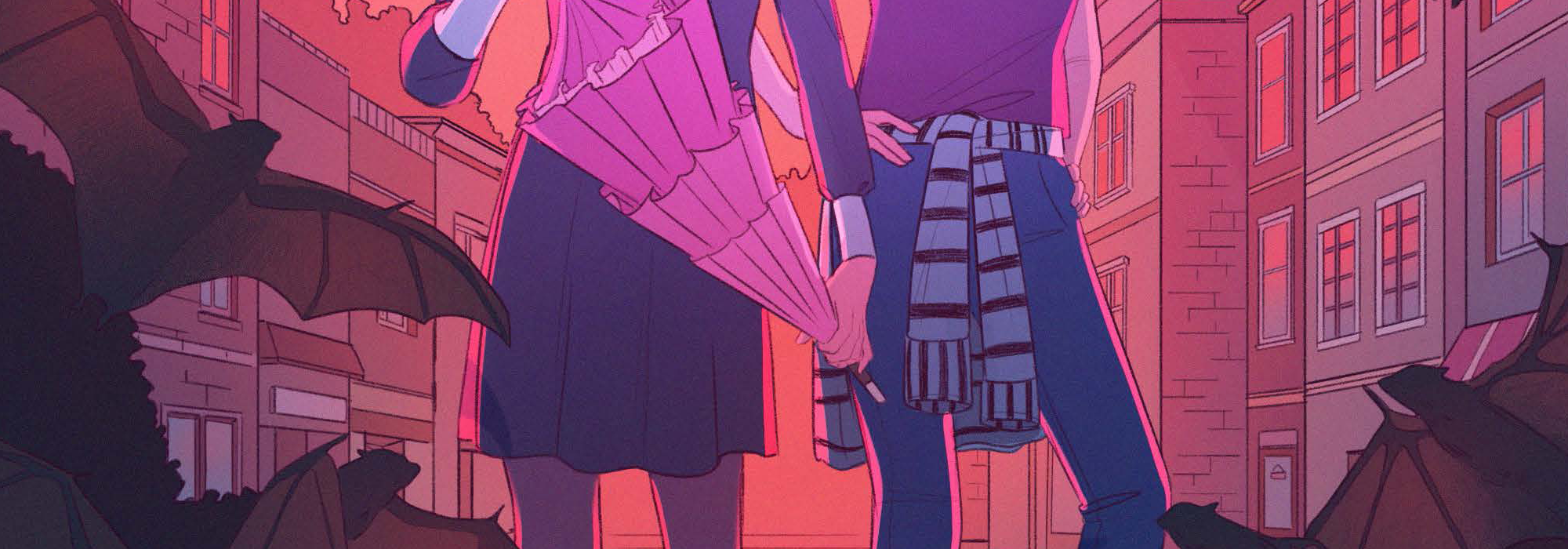Your ‘voice’ is polished. It took years…and years…and 100’s of queries. So why haven’t you been snapped up by Ms. Big Shot Literary Agent? And where the hell is that 6 figure deal??? I mean, you’ll even take a 5 figure deal…or a 4…hell! If it means that your name is immortalized on a bookshelf you’ll take $10!
So what’s the problem? Your masterpiece is…well…it’s a masterpiece! There are a few probable causes. Let’s list them off together.
- Your manuscript isn’t the masterpiece that you think it is. (Harsh? I know. But sometimes we have to consider the possibility).
- Your manuscript is filled with grammatical errors, and Ms. Big Shot Literary Agent rolls her eyes after 2 pages (I know right! She loved the query and requested a partial. She HAS to love it – wth!)
- Your manuscript is polished, beautifully written, and the concept is fresh…but Ms. Big Shot Literary Agent kindly rejects your partial with the following, damning, and confusing words: “I just didn’t connect with (insert your kick ass protagonists name here!) in the way that I had hoped.”
And the bell tolls. So what the hell is going on? Voice.
That’s all there is to it…but guess what? There are two completely separate kinds of Voice – and you have to master both. (Is your mind blown? Because my brain exploded when I put two and two together).
It took me a very long time to figure out my Voice – or, (allow me to clarify) what I thought was ‘Voice’. As it turned out, I was had only developed one half of the whole. My Writer’s Voice…and unfortunately, it’s very unique to the writer. Emulating an author that you admire could severely backfire. Here are some of my own examples below.
Lack of Voice - Excerpt from 4 years ago:
Not really wanting to go to the party, she stepped into the bright tiring room, wearing her brand new dress, and squinted. It was too bright.
Developed Voice - Present Day:
Draped in a newly designed silk dress, the tiring room proved too bright for Netty. A thousand candles illuminated the party; banishing that afternoon’s confrontation to the damned shadows.
Verbose? Yes, I am. But that might not be you. A Writer’s Voice is extremely personal, and a reflection of who you are.
Naively, I thought that my Voice would be enough. That my prose lilted, and that my storytelling skills would carry the manuscript.
And then realization hit – like a ton of bricks. Honestly, it knocked the wind out of me. Character Voice – two of the scariest words in the English language (to writer’s at least).
What in God’s name does it mean? Of course my characters have a voice! They’re complex, and well thought out, and, and, and…and.
In order to transform from a writer into an author (oh yes…there’s a definite difference, and I’m certainly not there yet), we must first become actors.
Now, I’m not talking about an Academy Award winning actor, but like the Hollywood elite, we have to get into character.
You need to ask yourself the following questions:
- Who is your protagonist?
- Who is she/he?
- What kind of personality does she/he have?
- How did her/his life shape the person that she/he has become?
- What’s her/his trauma? (Everyone has a trauma – daddy issues, mommy issues, sibling issues, food issues, self-esteem issues etc.)
Example Without Character Voice:
Though she was glad to finally be moving out and heading to college, Laura would miss her family. Truly. The house had always been crazy – and why wouldn’t it be? Twelve girls shared two bedrooms!
Example With Character Voice:
The Smith house was nothing if not claustrophobic. Every time one of the sisters moved out, Laura’s parents made good use of the ear muffs that she had given them for Christmas – ten years before. When prime bedroom real estate went up for grabs, the frenzy that ensued was always fraught with an awkward kind of tension. Her Mom called it ‘chumming the water’.
Laura called it: ‘Too Many Girls Squished Into Closed Quarters Syndrome’. Sighing, she closed her eyes. After tomorrow, her bedroom would be up for grabs. Laura had made it to – wait for it – Harvard!
Both examples paint the same picture. Laura is going to college. Laura has a LOT of sisters (poor dad!). The house is a little insane. Laura would miss her family.
But, which example would appeal more to Ms. Big Shot Literary Agent? The second one. Hands down. In the second example, we learn about Laura. The writer has gotten into Laura’s head. We learn who she is, who her family is, and we really get a feel for where she came from. The writer translates Laura’s thoughts onto the page – how she would think about things – but the writer tells the story in her/his own way.
Even though the excerpt isn’t in the first person, we feel connected to Laura. Any reader that has had to share a room – or any reader that couldn’t imagine having that many siblings – will immediately feel something tangible when they read those sentences.
Voice is complicated, and personal, but just keep on trucking. You’ll get there eventually. I hope that these examples can help someone else out there. I’m still on my journey, and I’m still developing my skills, but always remember: You will never be perfect, and you will always be learning. If you ‘know it all’, you will never succeed.
Signing off for now!
Until Next Time!
Come follow my madness on Twitter – @Maria_Tureaud







Excellent examples and excellent post. You have another follower!